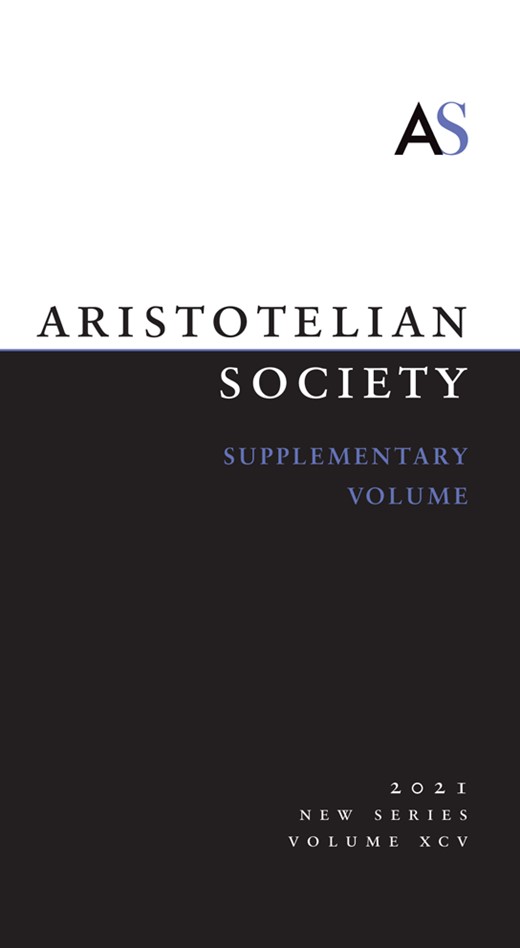-
Views
-
Cite
Cite
Catriona Mackenzie, Culpability, Blame, and the Moral Dynamics of Social Power, Aristotelian Society Supplementary Volume, Volume 95, Issue 1, July 2021, Pages 163–182, https://doi.org/10.1093/arisup/akab002
Close - Share Icon Share
Extract
I
Recent work on moral blame has drawn attention to the ambivalent nature of blame and of our social practices of blaming. Victoria McGeer (2013), for example, points to a tension inherent in our blaming practices that seems to call into question the normative acceptability of these practices. On the one hand, she argues, blame plays a crucial functional role in our moral responsibility practices, specifically in our practices of holding each other (and ourselves) to account for disrespectful behaviour or wrongful actions. In playing this role, blame helps to scaffold and capacitate responsible agency. On the other hand, the negative reactive emotions and punitive responses associated with blame often motivate destructive attitudes and behaviour that run counter to the aims of morality. McGeer argues that negative reactive emotions, such as anger, are a canonical feature of the psychology of blame, deeply embedded in our evolutionary heritage, and cannot be ‘sanitized’ away (2013, pp. 169–70). Nevertheless, if they are to be normatively acceptable and serve their capacitating function, our blaming practices need to be ‘civilized’. Civilizing blame requires the development of practices and institutions that enable meaningful, dialogical trajectories of co-reactive exchange between wrongdoers and those they have wronged, or the moral community. McGeer cites restorative approaches to justice as an example of the kind of normatively appropriate practice that contributes to the project of civilizing blame.





